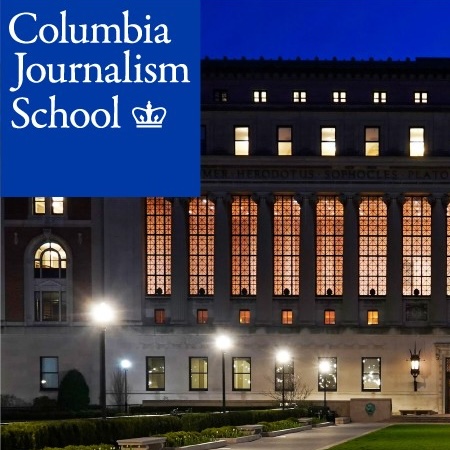A University Symposium
Promoting Credibility, Reproducibility and Integrity in Research
Promoting Credibility, Reproducibility and Integrity in Research
March 28th
9:00AM - 4:00PM
Marcia McNutt, President of the National Academy of Sciences, Eric Horvitz, Chief Scientific Officer for Microsoft, and More!
347
This day-long symposium will include a fireside chat between Marcia McNutt, President of the National Academy of Sciences, and Eric Horvitz, Chief Scientific Officer for Microsoft, as they explore the revolutionary power of Generative AI in the scientific domain; Anatomy of a (Hypothetical) Case of Research Misconduct, a case study dramatization; Retractions, Corrections, Paper Mills, Oh My: Journal Editors Talk about Strategies to Protect Research Integrity and What They Do When Something Goes Wrong, including Kaia Motter, Head of Academic Affairs, Springer Nature; and more!
Marcia McNutt & Eric Horvitz
Join Marcia McNutt, President of the National Academy of Sciences, and Eric Horvitz, Chief. Scientist, Microsoft, a pioneer in artificial intelligence, as they explore the revolutionary role of Generative AI in science. This session will highlight how AI is transforming research practices and policies, driving innovation, and expanding the boundaries of what is scientifically possible, but also presenting new risks, challenges and ethical quandaries in relation to the integrity of science.
Moderated by Naomi Schrag
This interactive panel discussion will explore the "inside story" of a hypothetical research misconduct case involving questionable data in a high-profile oncology publication. Through a five-scene presentation, panelists will portray key stakeholders—including the principal investigator, graduate student, research integrity officer, journalist as they navigate the complex challenges that emerge when scientific misconduct is suspected and investigated. The session will examine critical decision points from multiple perspectives.


Moderated by Arturo Casadevall
In this session, journal editors will explore the complex challenges editors face when confronting problematic publications, from coordinated paper mills to image manipulation and AI-generated content. Panelists will discuss practical strategies they employ to detect and address research misconduct, including their approaches to digital image verification, artificial intelligence detection, and authorship disputes. They’ll also discuss peer review, share insights on managing relationships with external “data sleuths” and share how journals of different sizes navigate current challenges.
Moderated by Frank Pasquale
This session will bring together researchers from various disciplines to discuss the latest innovations in Generative AI and their impact on their respective fields. The session will consist of 10-minute mini-talks discussing a particular GAI use case. Following the presentations, a moderated discussion will address steps the researchers are taking to ensure the credibility of the models they are building, how they address potential bias, and broader ramifications of use of GAI in their fields and research integrity.
















Explore key publications and resources from our distinguished speakers







Publications may require institutional access or purchase.



Explore resources and services available to enhance research integrity and data management at Columbia University
Research and Data Integrity Program
The Research and Data Integrity (ReaDI) program is designed to enhance data management and research integrity at Columbia University. The program provides resources, outreach and consultation to researchers at all levels.
Empowering research with computing
Columbia University Information Technology (CUIT) provides robust, centrally-managed resources that address your research computing needs. Their dedicated staff are ready to advise on the best solutions for your research projects.
Feedback or Suggestions? Contact the organizers at PCRI@columbia.edu | Follow the conversation on #PCRISymposium | ©2025 Columbia University